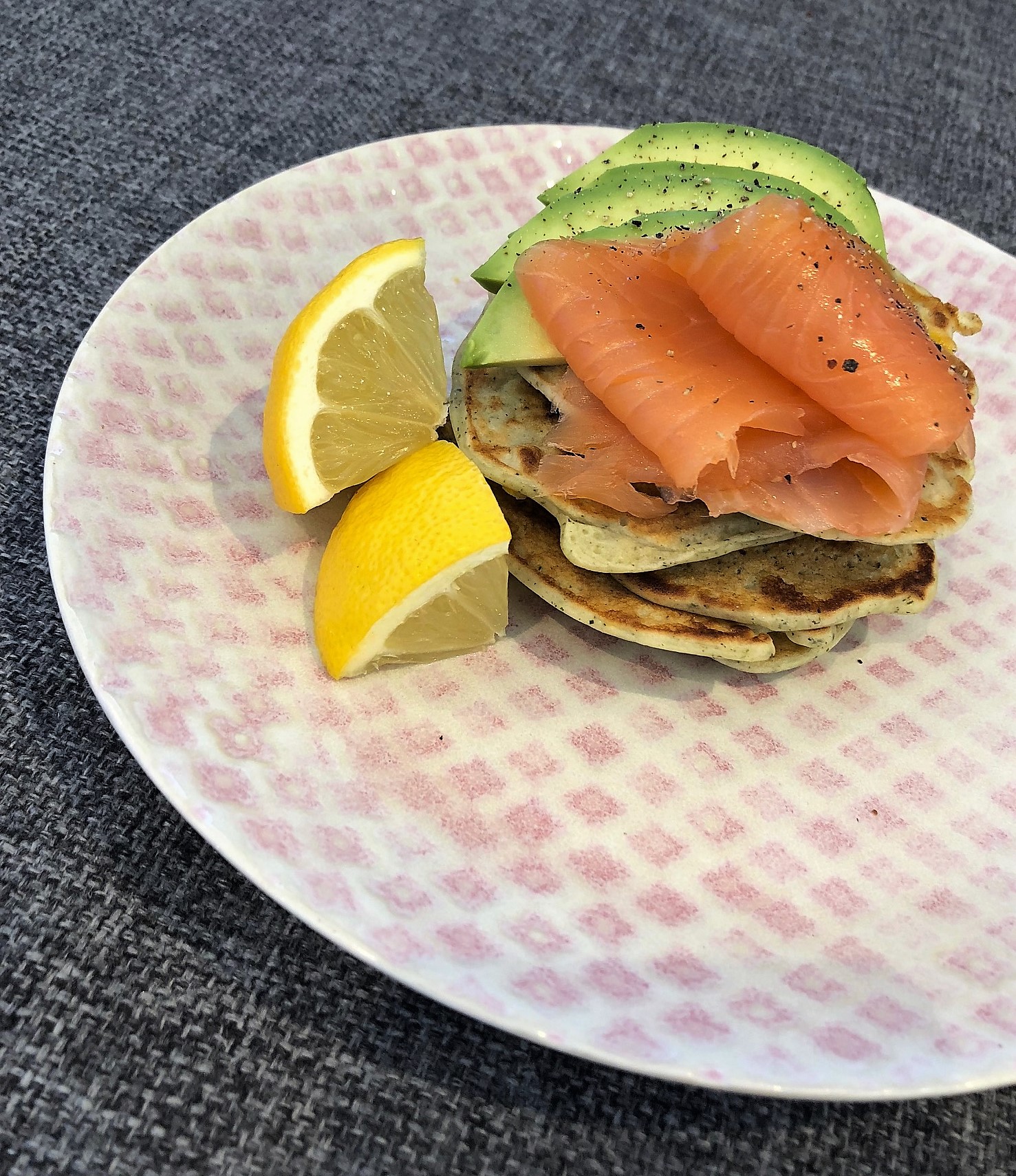
Last week we saw the media share their views on the recent Cochrane review, omega 3 fatty acids for the primary and secondary prevention of cardiovascular disease.
In the UK it’s recommended we consume two portions of fish per week, one which should be oily (mackerel, salmon, fresh tuna, herring, sardines to name a few) to enable us to obtain decent levels of omega 3 fats important for cardiovascular health, brain function and reducing inflammation. Omega 3 fats are essential which means our bodies cannot make them, we must obtain them from our diet. There is no UK dietary guideline for consumption levels of these fats however research suggests one portion of oily fish per week provides adequate amounts. But what if you don’t eat fish, for personal or health reasons? Well, you can either choose other sources, such as rapeseed oil, walnuts and soya products, or take a supplement. Or can you?
Once again we are hit by a headline, not wholly representative of the actual study in question. So here’s a short overview:
This study in question was a meta analysis, where a search criteria is provided and many already published studies are collected based on them meeting or not meeting the criteria. In total there were twenty five studies which made the cut.
In this case the criteria included both genders, across many different continents both healthy and some with pre-existing medical conditions. This is a major limitation of this study (but more on that later). Participants were given a supplement rather than obtaining omega 3’s from the diet.
The review claims to compare the effect of omega 3 supplementation on heart disease risk and death as well as mortality from all causes.
The conclusion was supplementation shows no change in mortality from any cause. But don’t stop taking your supplements yet. Whilst supplementation wasn’t successful in these individuals, it may be because they already have cardiovascular disease. There was no sole comparison of what supplementation can do for a healthy individual. In addition, there was no reference made to the impact of omega 3’s coming from your diet either.
Let’s revert back to the title – Omega-3 fatty acids for the primary and secondary prevention of cardiovascular disease. But it’s not really examining that is it? Because first up it only measures supplementation and secondly prevention would generally mean those without the disease already? Wouldn’t it? It’s quite difficult to claim omega 3 supplements don’t prevent cardiovascular disease if the participants already have it? Perhaps something like “the impact of omega 3 supplementation on cardiovascular risk and all cause mortality in those with pre-existing medical conditions” might be better. Anyway I’m getting a bit sciency now….so moving on!
As always, if you can obtain your omega 3 fats from foods, please do, because you get so many other benefits from them too!
Sources of omega 3
Oily fish: salmon, tuna steak, sardine, herring, mackerel, oysters, anchovies,
Other sources: rapeseed or canola oil, chia seeds, walnuts, flax seeds, soya beans or soybean products
Only resort to a fish oil supplement if you don’t (and can’t) have any of the above in your diet throughout the week. And if you think you may need a supplement make sure you check with your doctor, dietitian or nutritionist for the best one for you. This will depend on your own personal circumstances including things like if you take other medication or think you might be pregnant.
References:
Abdelhamid. A, Brown. T, et al. Cochrane Database of of systematic reviews. Omega-3 fatty acids for the primary and secondary prevention of cardiovascular disease. 18th July 2018.


Recent Comments